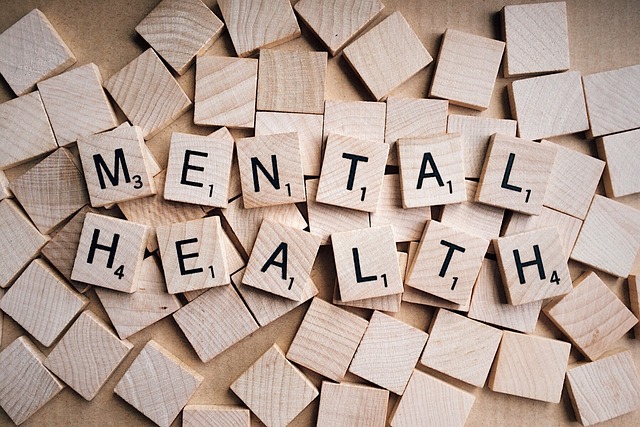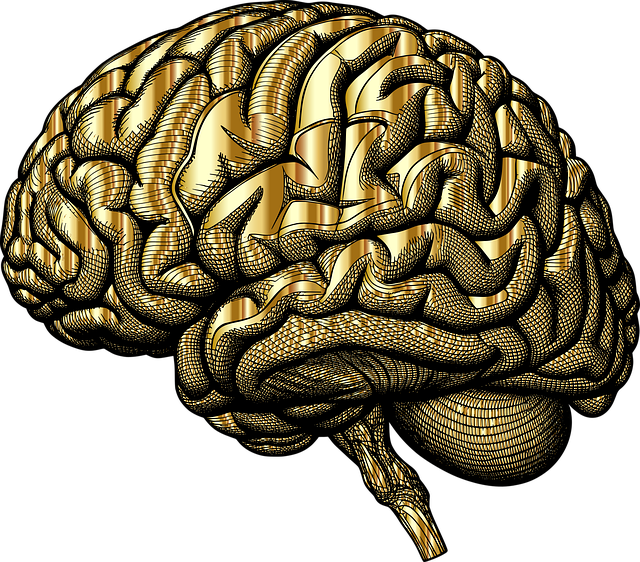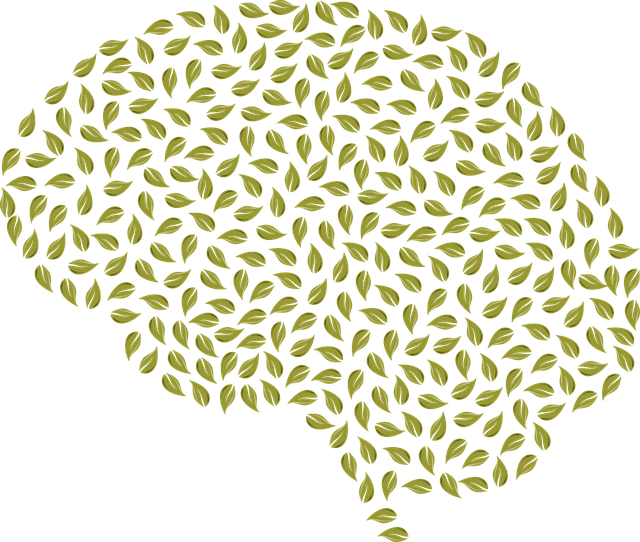For young adults, therapy for young adults is key to tackling academic, career, and personal pressures. Integrating self-care practices focusing on physical health, emotional resilience, and social connections helps manage stress, avert burnout, and promote long-term well-being. Tailored strategies like art therapy, mindfulness, setting boundaries, "Mind Over Matter" principles, and trauma support services enhance mental health. Effective self-care for young adults, including routines like meditation, exercise, and quality sleep, is crucial. Cultural sensitivity in mental healthcare ensures accessible, meaningful self-care for diverse populations, building resilience and life satisfaction. Therapy for young adults provides a safe space to explore emotions, gain tailored guidance, and develop emotional regulation skills, addressing academic stress, social pressures, and transitions for improved well-being.
“Enhancing self-care practices is paramount for young adults seeking optimal well-being. This comprehensive guide explores essential aspects of self-care, focusing on its foundational role in nurturing young minds and bodies. We delve into strategies such as identifying personal needs, setting healthy boundaries, and integrating self-care routines into daily lives.
Additionally, we highlight the transformative power of therapy for young adults, serving as a catalyst for positive change and empowering individuals to take control of their mental health.”
- Understanding Self-Care for Young Adults: The Foundation of Well-being
- Identifying Personal Needs and Setting Boundaries
- Incorporating Effective Self-Care Routines into Daily Life
- Professional Support: Therapy as a Catalyst for Positive Change
Understanding Self-Care for Young Adults: The Foundation of Well-being

For young adults, understanding self-care goes beyond the surface level; it’s about laying a robust foundation for overall well-being. This age group often navigates a complex interplay of academic, career, and personal expectations, which can be overwhelming. Consequently, they are at a heightened risk of burnout, impacting their mental health and mood management. Therapy for young adults becomes a pivotal tool in this context, offering them the space to process these challenges and develop healthy coping mechanisms.
Self-care practices tailored for young adults should encompass various aspects, including physical health, emotional resilience, and social connections. By prioritizing these areas, individuals can enhance their ability to navigate life’s curveballs. Incorporating activities such as regular exercise, mindfulness practices, and fostering meaningful relationships serves as a solid framework for mental health policy analysis and advocacy, ensuring that young adults have the resources and support needed to thrive. Preventing burnout at an early stage is crucial in fostering long-term well-being.
Identifying Personal Needs and Setting Boundaries

Young adults often find themselves navigating a complex web of personal growth and self-discovery. A vital step in enhancing self-care practices is to identify one’s unique needs. This involves introspecting and understanding what brings joy, peace, and overall well-being. For instance, some individuals may thrive through creative outlets like art or music therapy, while others might find solace in nature walks or practicing mindfulness. Recognizing these personal preferences is key to crafting a self-care routine tailored to one’s mental health.
Setting boundaries is another crucial aspect of this journey. Learning to say ‘no’ and establishing limits with friends, family, or work can prevent burnout and promote a healthier lifestyle. This may include setting time restrictions on social media use, prioritizing sleep, or delegating tasks when feeling overwhelmed. By implementing these strategies, young adults can better manage their mental health, especially in light of the increasing importance given to Mental Health Policy Analysis and Advocacy. Adopting Mind Over Matter principles and accessing Trauma Support Services can also empower individuals to navigate challenges while fostering a sense of self-care and resilience.
Incorporating Effective Self-Care Routines into Daily Life

Incorporating effective self-care routines into daily life is a transformative step for young adults seeking growth and well-being. Beyond mere relaxation, these practices serve as powerful tools for managing stress, cultivating emotional resilience, and enhancing overall mental health—crucial components of therapy for young adults. By carving out dedicated time for activities like mindfulness meditation, regular exercise, and quality sleep, individuals can foster a sense of calm and balance that better equips them to navigate life’s challenges.
Cultural sensitivity in mental healthcare practice plays a significant role here. Recognizing and integrating culturally relevant self-care strategies can make these routines more accessible and meaningful for diverse young adult populations. For instance, incorporating traditional practices such as yoga or meditation styles from various cultures can enrich emotional regulation skills while respecting and preserving cultural identities. Resilience building is another key benefit; consistent self-care strengthens individuals’ ability to cope with adversity, promoting a positive cycle of improved mental health and enhanced life satisfaction.
Professional Support: Therapy as a Catalyst for Positive Change

For many young adults navigating life’s challenges, professional support through therapy can be a game-changer. It offers a safe space to explore and process emotions, thoughts, and experiences that may feel overwhelming. Therapy provides a unique environment where individuals can receive tailored guidance and empathy building strategies from trained professionals. This is especially beneficial for young adults trying to manage stress related to academic pressures, social expectations, or personal transitions.
Incorporating therapy into self-care routines empowers young adults with effective emotional regulation tools. Through structured sessions, they learn coping mechanisms to deal with anxiety, depression, and other mental health concerns. Moreover, therapy facilitates personal growth by helping individuals gain insights into their behaviors, strengthen self-esteem, and cultivate resilience—all crucial aspects of a holistic approach to well-being.
Self-care is an essential aspect of maintaining well-being, especially for young adults navigating life’s challenges. By understanding the importance of self-care, identifying personal needs, and setting healthy boundaries, individuals can foster a sense of balance. Incorporating dedicated self-care routines into daily life, coupled with professional support like therapy for young adults, serves as a powerful catalyst for positive change. These strategies empower young adults to enhance their mental health, overall well-being, and resilience.








